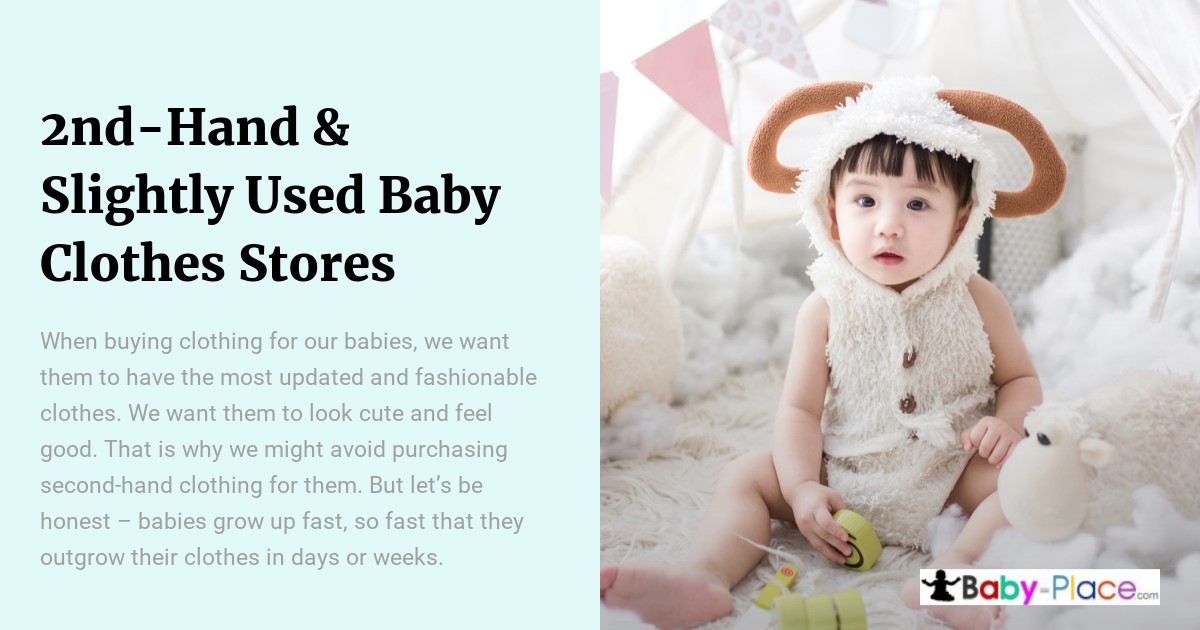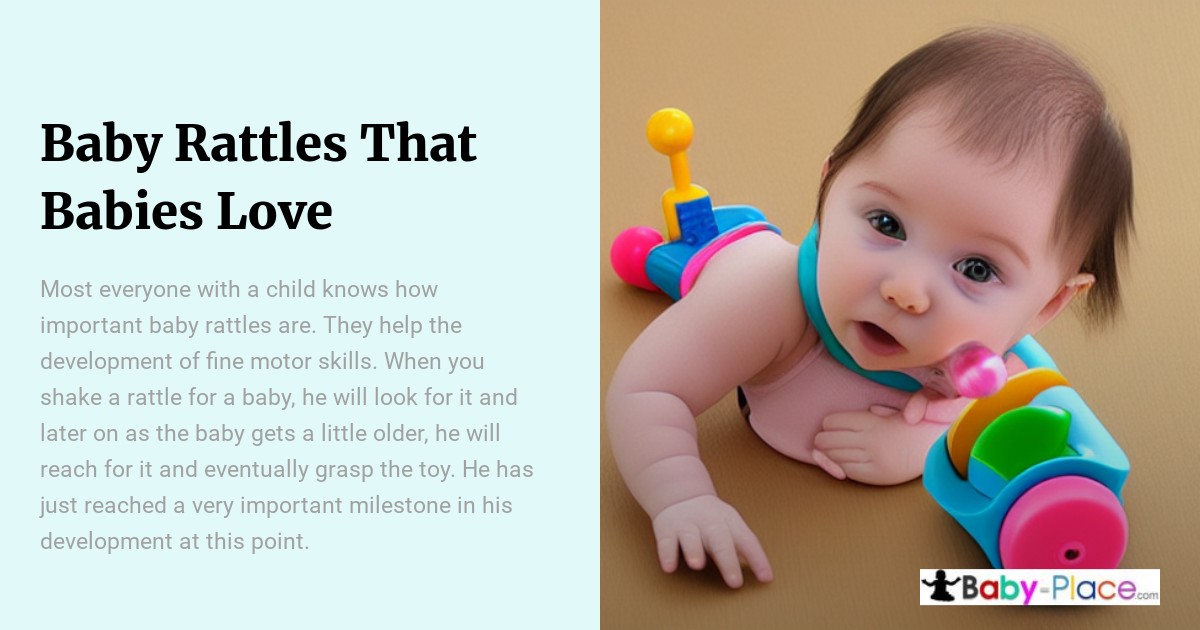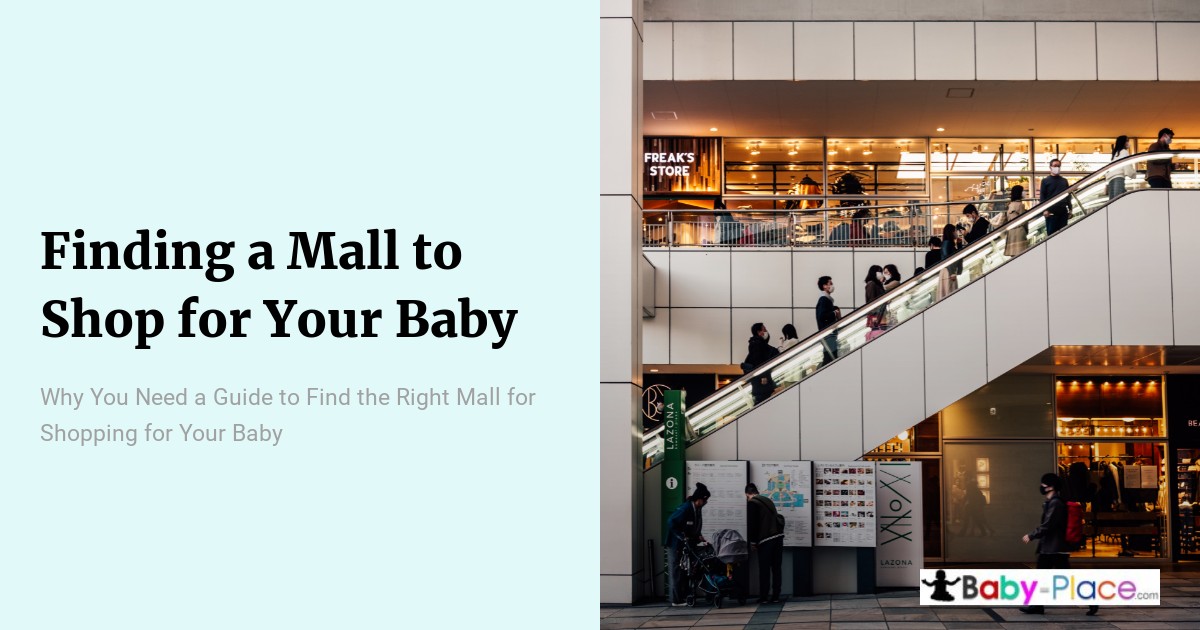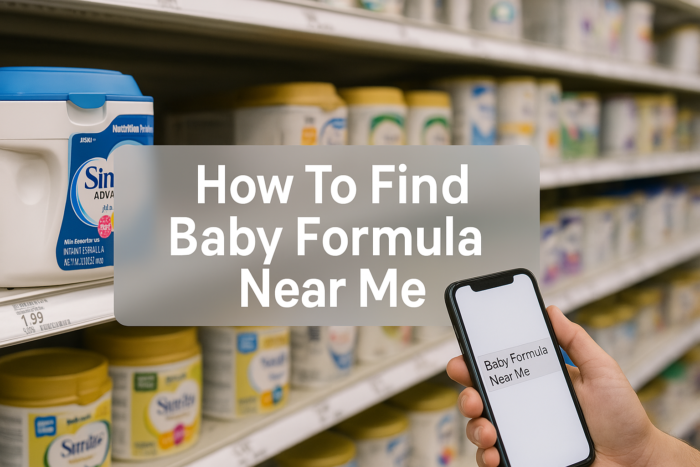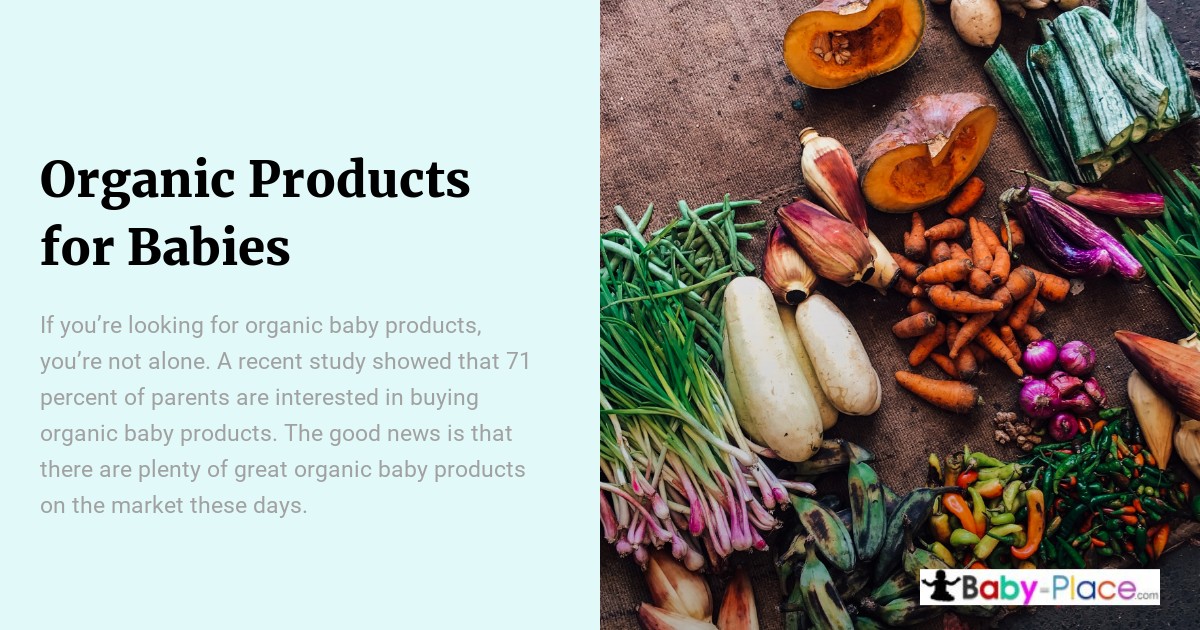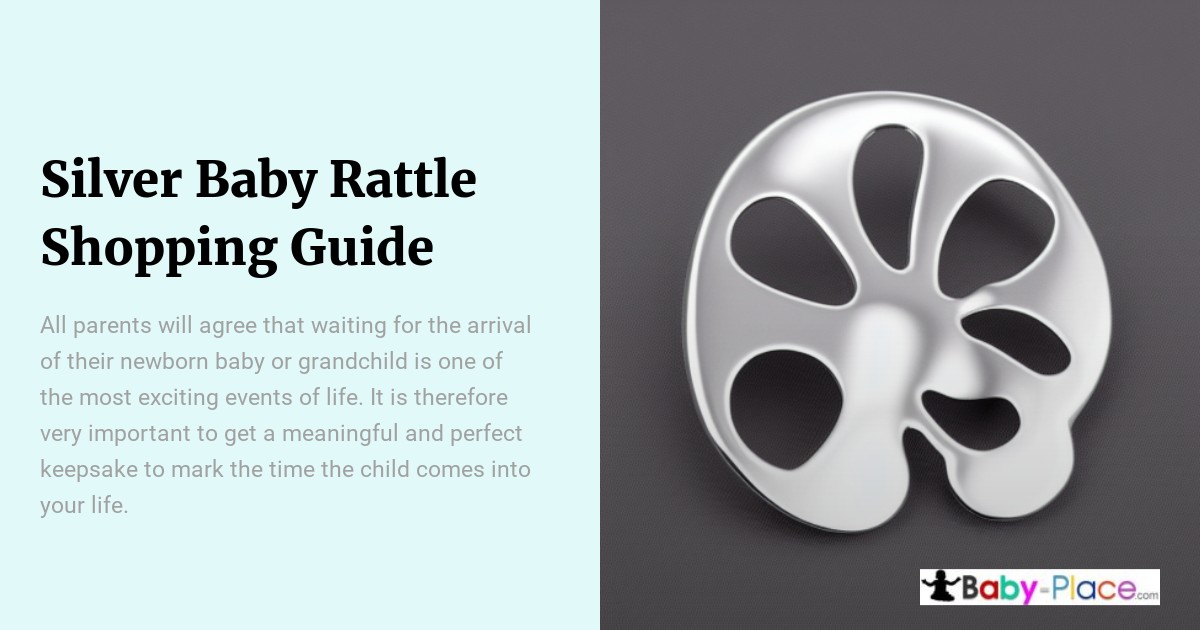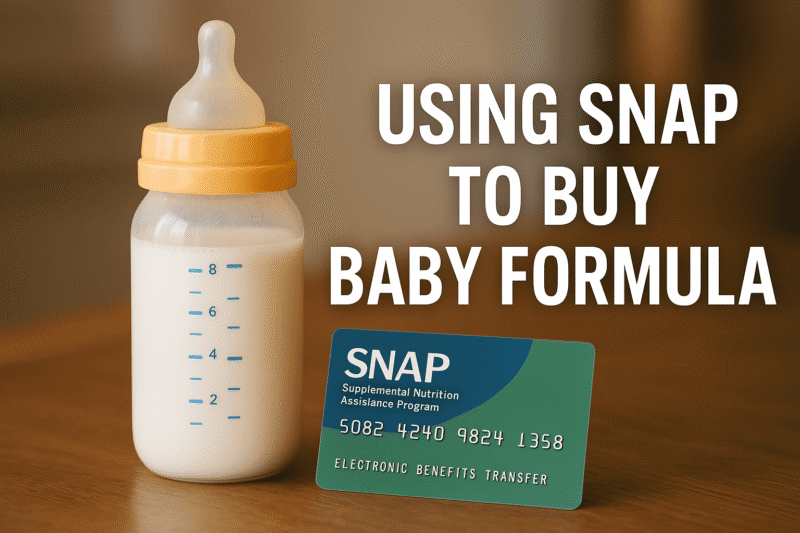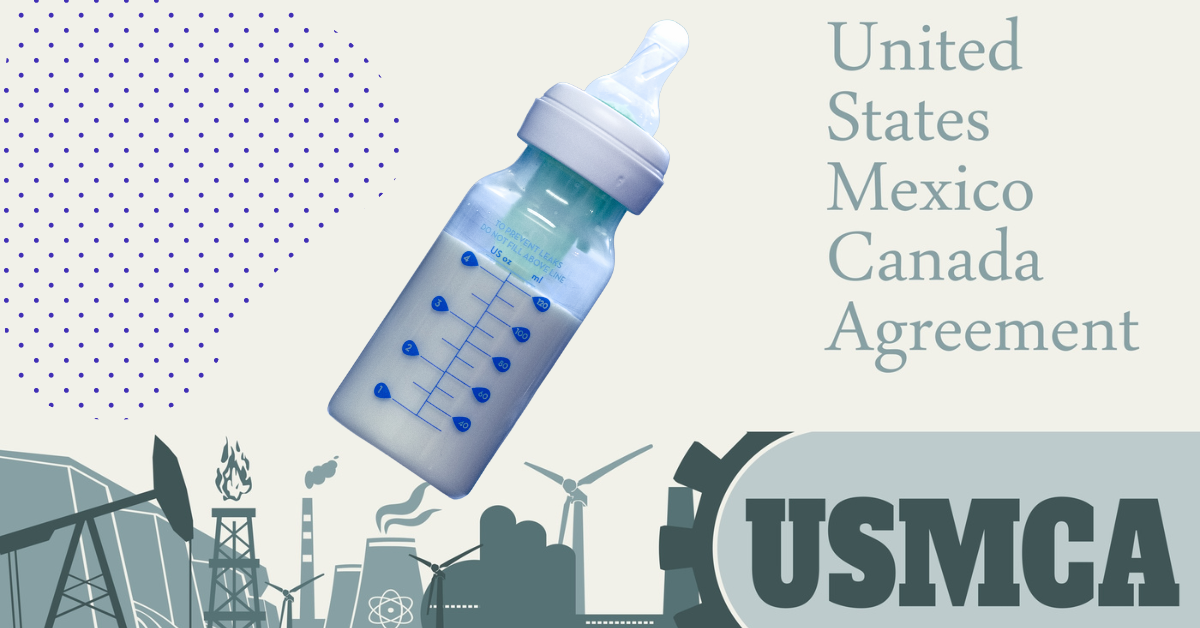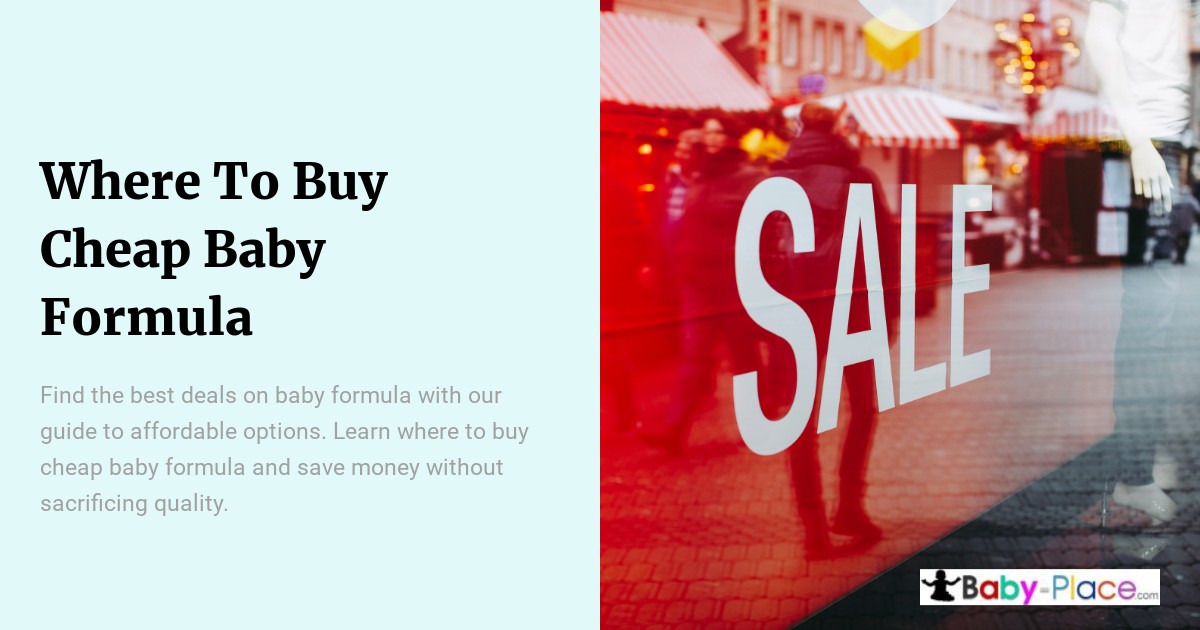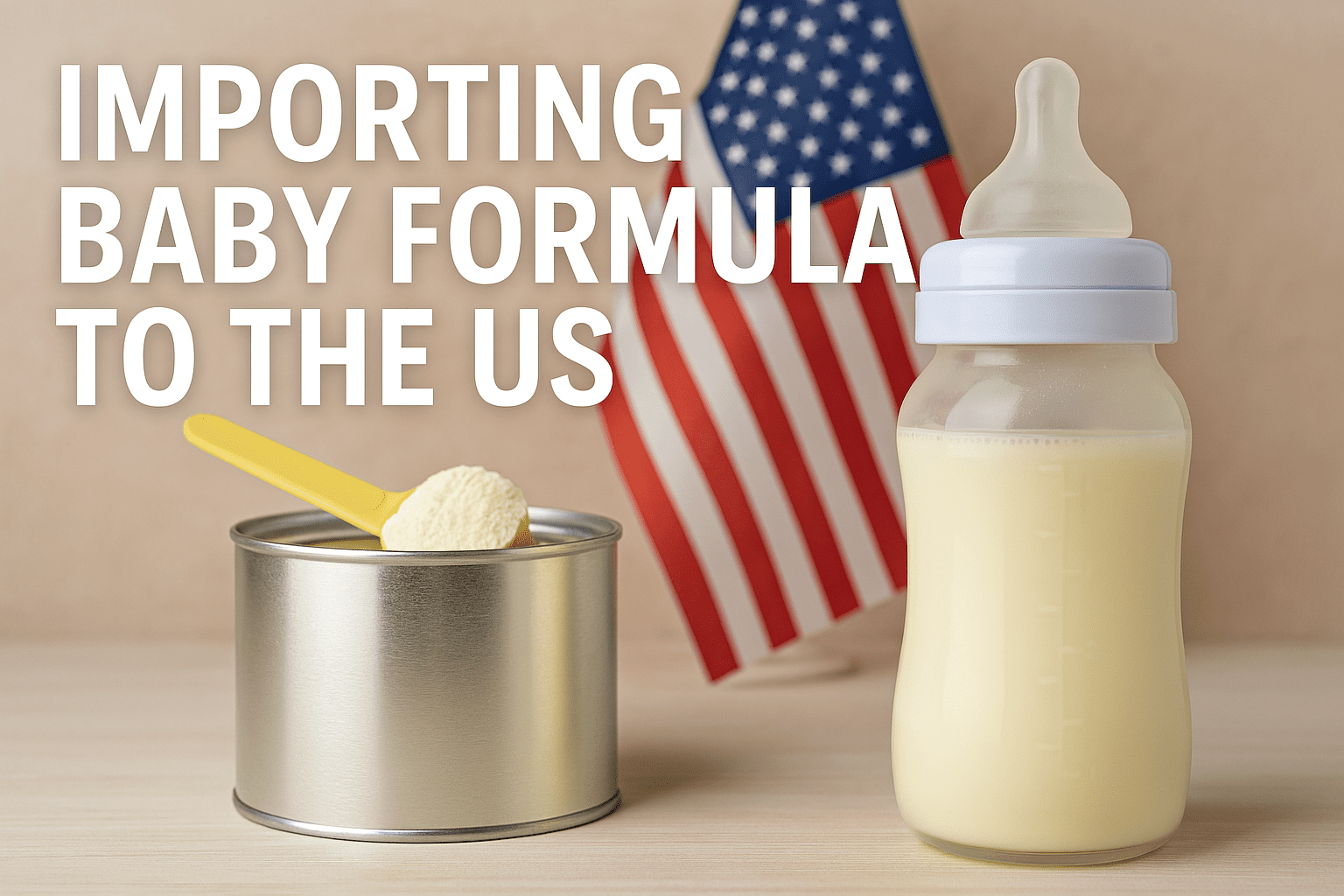
The import of baby formula to the US is an important process that requires knowledge and understanding of regulatory compliance. As a specialist in this area, I’m here to guide you through the necessary steps required for importing infant formula into the US. Whether you’re just starting out or have been working with imports for many years, it’s important to stay informed on changes in regulations and industry best practices.
In this article, we’ll cover everything from what documents are needed for successful importation to how long the whole process takes. We’ll also discuss tips and tricks to make sure your shipment arrives safely and on time. Finally, we’ll touch upon any potential complications that may arise during importation so that you can be prepared should they occur.
By following all of the steps outlined in this article, your importing experience will be smooth sailing! With my expertise and guidance, you can rest assured that you’ll successfully bring high-quality baby formula products into the US without missing a beat.
What Is Baby Formula?
Baby formula is a nutrient-rich food supplement for infants, designed to replace or complement breast milk. It is widely used in the US and abroad as an alternative to breastfeeding or when mothers are unable to provide sufficient amounts of breast milk. Baby formulas contain various ingredients such as cow’s milk protein, vegetable oils, lactose, maltodextrin, vitamins, and minerals. Depending on the brand and type of baby formula chosen, additional nutrients may be included.
It is important that all imports of baby formula into the United States adhere to strict regulations regarding ingredient composition, labeling requirements, and product safety standards set by the Food & Drug Administration (FDA). Imported products must comply with applicable laws prior to entering the country; failure to do so can result in fines or legal action from both state and federal authorities.
Benefits Of Imported Baby Formula
The benefits of importing baby formula to the US are many. Not only does it provide a cost-effective alternative for parents, but it can also provide access to formulas available in other countries that may not be available domestically. Additionally, imported baby formula is subject to different regulations and standards than domestic products which could potentially mean higher quality control measures and greater transparency about ingredients used.
Importing baby formula can also help create jobs here in the US due to the need for distribution and transportation services as well as associated packaging materials. Furthermore, there is potential for economic growth through exports, with foreign companies looking to have their product distributed into the American market. All these factors make importing baby formula attractive for those looking to find affordable yet high-quality options when shopping for infant nutrition products.
In sum, importing baby formula has several advantages both economically and nutritionally speaking. It provides families with more choices and makes them more accessible at lower prices while providing job opportunities within our country’s economy. As such, understanding how imports work and what they offer may be beneficial when considering purchasing decisions related to infant care items like baby formula.
Regulations & Restrictions On Imports
The regulations and restrictions on importing baby formula to the US are nothing short of mind-boggling. It is almost a Herculean task for any company or individual attempting such an importation. With so many rules, it can be overwhelming to try and keep up with them all.
It is essential that importers have an understanding of all regulatory requirements in order to ensure their products meet safety standards as mandated by the US Food & Drug Administration (FDA). This includes meeting labeling requirements, providing test results from product sampling, and ensuring that ingredients used are approved for use in infant formulas. Furthermore, foreign manufacturers must obtain permission from FDA before shipping any formula into the country. All these steps help protect consumers from health hazards associated with poor quality food items imported from other countries.
Importing baby formula comes with immense responsibility due to potential risks if done incorrectly. Companies must adhere strictly to all laws and regulations in order to avoid costly fines or worse, loss of reputation due to noncompliance issues. As such, it is important for companies engaging in this endeavor to seek out knowledgeable professionals who can guide them through the process while mitigating risk along the way.
Documentation Required For Importation
When importing baby formula to the US, it is important that all necessary documentation be provided and completed in a timely manner. All relevant import documents must include: an invoice from the supplier; a bill of lading (B/L) or airway bill for each shipment; and any additional paperwork required by the country of origin as well as other government authorities such as U.S. Customs & Border Protection (CBP). The importer should also ensure that their product meets applicable labeling requirements set forth by FDA regulations before submitting samples for testing. Furthermore, if applicable, certificates of analysis must accompany shipments when they arrive at port.
In order to facilitate successful imports to the US, ensuring compliance with all regulatory guidelines is essential. Appropriate documentation should be obtained prior to filing entry with CBP, so that potential delays can be avoided during processing. In addition, accurate records need to be kept which document both incoming and outgoing transactions related to products being imported into the US. Keeping up-to-date on changes in laws and regulations regarding food safety will help avoid noncompliance issues down the line.
Cost Considerations
When importing baby formula to the US, cost considerations must be taken into account. This includes any applicable customs duties or tariffs that may apply depending on the origin of the product and its value. Additionally, shipping costs should also be considered when planning an importation project. Companies will need to consider whether they want to pay for door-to-door delivery or arrange for pick up from a port of entry in order to properly calculate their total expenses.
In addition to these items, businesses should factor in local taxes such as sales tax as well as other miscellaneous fees which can vary by state and municipality during their budgeting process. It is important for companies to obtain accurate estimates for all potential expenses before entering into an agreement with a supplier so that there are no surprises later down the line. Doing this allows them to make informed decisions about how much money they are willing to spend in order to complete the transaction.
Shipping & Delivery Options
Once you have taken into account the cost considerations associated with importing baby formula to the US, it is time to consider your shipping and delivery options. These are absolutely critical for ensuring that you can get the product from point A to point B in an efficient and timely manner. Astonishingly, there are myriad ways to ensure this happens!
Firstly, many companies offer overnight delivery services as a way of getting products from one place to another quickly. This is often done via courier companies who specialize in delivering packages on tight schedules. The downside here is that these services tend to be more expensive than other methods of transport.
Secondly, air freight is another option available if you need something delivered swiftly but cannot afford overnight delivery services. Air freight tends to be much faster than ocean freight but again, comes at a higher price tag.
Finally, ocean freight remains popular due to its low costs and reliability. It may take longer than either of the two previous methods discussed but provides great value when dealing with large volumes or distant destinations.
To summarize:
- Overnight delivery services guarantee fast yet costly deliveries;
- Air freight offers swift transportation for lower prices;
- Ocean freight allows for reliable delivery at reduced costs over long distances. It should also be noted that all three options require careful planning and consideration beforehand to make sure they meet government regulations surrounding import/export laws and other compliance requirements relating to baby formula imports within the United States. Careful research must be undertaken prior to making any decisions regarding which method would best suit your needs – both financially and logistically speaking.
Labeling Requirements
When importing baby formula to the US, there are several labeling requirements that must be met. The label of each product should include a list of ingredients, the net quantity of contents, and the name and place of business for the manufacturer or distributor. Additionally, the label should have an accurate statement regarding any nutrition claims made about the product. Furthermore, it is important to note that nutritional facts panels are mandatory on all food products entering the US market. These labels need to follow FDA guidelines and provide clear information on serving size, calories per serving, nutrient amounts and percent daily values (%DV). Finally, any warning statements concerning potential allergens should also appear on the packaging in accordance with federal regulations.
Packaging Requirements
“Where there’s a will, there’s a way.” When importing baby formula to the US, it is important to adhere to packaging requirements laid out by regulatory agencies in order to ensure consumer safety and satisfaction. The following table outlines these specific regulations:
| Requirement | Description | Notes |
|---|---|---|
| Labeling Requirements | Must include all relevant information about product contents and manufacturer on the external packaging of container that meets FDA guidelines. | See FDA Labeling Guidelines for more details |
| Container Size Restrictions | Containers must not exceed 8 oz (227g). | |
| Material Safety | Materials used in container should be safe for contact with food products. | |
| Sealing Requirements | Sealing mechanisms should prevent leakage or contamination of product during transport and storage. |
It is critical for importers to understand these requirements before taking action, as failure to comply may lead to costly delays and potential penalties from regulatory authorities. Furthermore, understanding when additional inspections are necessary can help expedite the process and avoid any further disruptions throughout the importation procedure. It is therefore essential that companies take proper steps to ensure their imports conform to all applicable laws and regulations prior to shipping into the US market.
Comparison Of Domestic Vs Imported Brands
When importing baby formula to the US, it is important to compare domestic and imported brands. Domestic formulas are those that have been manufactured in the US with ingredients sourced from within the country. Imported formulas may be produced outside of the US using foreign-sourced ingredients. Both types must meet FDA standards for safety and nutrition prior to entering the market.
The primary difference between domestic and imported baby formula lies in their nutritional content, as well as potential allergen sources. As a result, parents should consult a qualified healthcare professional when deciding which type of formula best meets their child’s needs. Additionally, they should research any recalled products or recalls issued by manufacturers before making a purchase decision, regardless of whether it is an imported or domestic brand. In this way, families can ensure their baby receives safe nutrition during each feeding.
Best Practices For Keeping Baby Formula Safe During Transport
Transporting baby formula is like carrying a precious jewel. It must be handled with the utmost care to ensure that its delicate contents arrive safely at their destination. As such, there are certain best practices for keeping baby formula safe during transport from one location to another within the United States.
First and foremost, it is important to select an appropriate shipping container for the job. The box should be made of durable material and large enough to fit all items securely inside with plenty of cushioning around each product unit in order to protect them against any shock or vibration while they’re being shipped. Temperature control capabilities should also be taken into consideration if the shipment will travel through extreme weather conditions.
The second step involves careful packing and inspection prior to loading onto trucks or aircrafts. All products should be inspected for any signs of contamination or damage before they are loaded onto pallets or placed in crates or cartons for shipping. Additionally, special attention should be paid when stacking boxes on top of each other as this can cause damage due to shifting weight during transit. Finally, extra precautionary steps such as proper labeling and documentation help ensure that shipments reach their destinations without issue and within compliance with regulatory standards set forth by the FDA.
Safety Testing Protocols For Imported Baby Formula
It is essential that all imported baby formula and its ingredients meet stringent safety standards. To ensure these regulations are met, it’s important to have a comprehensive testing protocol in place for any imported product. This involves an initial inspection of the infant formula upon arrival at United States borders, as well as regular laboratory tests throughout the duration of storage or distribution. Additionally, routine checks should be conducted on the manufacturing process itself, including determining whether proper sterilization processes were used during production and if there were any changes made to the original recipe.
Adherence to specific labeling requirements also forms part of this compliance system. Labels must include information about expiration dates, nutrition facts, potential allergens present in the formula, as well as instructions for safe preparation and use. Furthermore, labels must accurately reflect what actually is contained within each container; thus making sure that customers receive exactly what they expect from their purchased products. All these measures help guarantee customer satisfaction while ensuring regulatory compliance with US import laws governing baby formula imports.
Other Countries’ Regulations On Imports Of Baby Formula
The regulations governing imports of baby formula vary wildly from country to country. It’s as if each nation has a separate set of rules, written in its own indecipherable language! From one moment to the next, these laws can change drastically and without warning – making it difficult for even an experienced regulatory compliance specialist like myself to keep up with them all.
In fact, there are so many different requirements that need to be met just for the privilege of importing baby formula into any given country. Depending on which state or region you’re dealing with, you could potentially be expected to fill out dozens upon dozens of forms and supply various documents attesting to the quality and safety of your product. In addition, there may also be certain labeling requirements that must be strictly adhered to before entry is permitted. As such, it pays off handsomely for importers who take their time researching and familiarizing themselves with all applicable regulations.
Quality Control Guidelines For Manufacturers Exporting To The Us
When it comes to importing baby formula into the US, quality control is of utmost importance. Manufacturers must adhere to a set of guidelines in order for their product to pass compliance standards and be accepted for sale within the country. Quality assurance processes should include all necessary testing and validation methods required by national regulatory bodies such as the FDA. This includes checking raw materials used, process controls employed during production, any packaging requirements, shelf-life stability studies and analytical tests on finished products before shipment.
In addition to these standard procedures, manufacturers exporting infant formulas or foods intended for infants and young children to the US must also meet certain nutritional profile criteria specified by the FDA’s Infant Formula Act (IFRA). These regulations ensure that the food meets minimum energy levels, protein content ratios and essential nutrients determined through laboratory analysis. The manufacturer must further provide evidence that they have implemented an effective system of ongoing monitoring and surveillance to guarantee continued compliance with IFRA throughout its distribution chain in order to remain competitive in the market.
Potential Issues With Unregulated Baby Formula Imports
When it comes to importing baby formula into the US, there is a lot at stake. It may seem straightforward enough – simply ship the product over and make sure that it meets all relevant regulations – but this process can be fraught with pitfalls if not done correctly. The risks associated with unregulated imports are high, and should not be taken lightly.
The most obvious risk of an uncontrolled import is contamination or adulteration of the formula due to improper handling. When formulas are made outside of regulated facilities in the US, they may not have been produced according to stringent safety standards set out by organizations such as the FDA and USDA. This could lead to contaminants entering the supply chain and potentially making their way into consumers’ hands – which would have disastrous consequences for both parties involved. Additionally, imported formulas must meet strict labeling requirements established by these same agencies; failure to comply could result in hefty fines or even criminal penalties for those found responsible.
It’s important for importers to take every possible step before bringing baby formula into the country in order to ensure that all applicable laws and regulations are being followed. By doing so, companies can protect themselves from potential legal action while also providing parents with peace of mind when feeding their children safe and healthy products.
Possible Solutions To Improving Access To Safely-Imported Baby Formulas
In order to improve access to safely-imported baby formula, several steps must be taken. Firstly, coordination between the US Food and Drug Administration (FDA) and Customs and Border Protection (CBP) should be improved. The FDA’s existing regulations pertaining to infant formula imports are often not enforced by CBP due to a lack of communication between the two agencies. As such, increased collaboration is necessary in order for these regulations to be properly implemented.
Secondly, additional resources should be made available to ensure that imported formulas meet safety requirements. This could include providing more funding for inspections as well as increasing staff levels at ports of entry. Additionally, laboratory testing of samples can help verify compliance with standards set by the FDA. By taking these measures, importers will have greater assurance that their products meet all applicable safety guidelines before entering the United States market.
In sum, strengthening ties between the FDA and CBP along with making more resources available for inspecting imported infant formula can help increase access to safe formulas in the US market.
Conclusion
In conclusion, importing baby formula to the US is a complex process. It requires a thorough understanding of regulations and restrictions, as well as documentation that meets all necessary requirements. By taking the time to ensure that these steps are followed properly, businesses can be sure they’re providing safe and quality products for families in need.
Furthermore, manufacturers should adhere to strict quality control guidelines while exporting to the US so that their products meet safety standards set by our government. Additionally, any potential issues with unregulated imports must be addressed quickly and effectively in order to maintain the integrity of imported baby formulas.
All-in-all, it’s crucial we understand the importance of importing safely regulated baby formulas into the US; this task may seem daunting at times but if approached with thoughtfulness and care it will truly pay off. As an old proverb goes: ‘a stitch in time saves nine.’ Let us take heed of this advice when dealing with important matters such as ensuring safe access to baby formula for our country’s families.
Frequently Asked Questions:
What are the key regulatory requirements for importing baby formula into the US?
Imported baby formula must comply with strict FDA regulations regarding ingredient composition, labeling requirements, and product safety standards. This includes proper documentation, adherence to nutritional guidelines, and obtaining FDA approval for foreign manufacturers before shipping.
What documents are required for importing baby formula to the US?
Required documents include an invoice from the supplier, a bill of lading (B/L) or airway bill for each shipment, certificates of analysis (if applicable), and any additional paperwork mandated by the country of origin or US authorities like Customs & Border Protection (CBP). Accurate labeling and FDA compliance must also be verified.
What are the benefits of importing baby formula to the US?
Importing baby formula provides cost-effective alternatives for parents, access to unique formulas not available domestically, and potential economic benefits through job creation in distribution and logistics. It also ensures higher transparency and quality control under different regulatory standards.
What are the risks of unregulated baby formula imports?
Unregulated imports risk contamination, adulteration, or non-compliance with FDA safety standards. This can lead to health hazards for infants, legal penalties, fines, or recalls. Proper inspections and adherence to labeling and manufacturing guidelines are critical to avoid these issues.
How can businesses ensure safe transport of imported baby formula?
Businesses should use durable, temperature-controlled packaging, cushion products to prevent damage, and label shipments accurately. Pre-shipment inspections, compliance with FDA guidelines, and choosing reliable shipping methods (overnight, air freight, or ocean freight) are essential for safe delivery.

